Jeannette Y. Wick, RPh, MBA, FASCP
Articles by Jeannette Y. Wick, RPh, MBA, FASCP

Roughly 50 million Americans take daily low-dose aspirin for cardioprevention, as it is generally perceived as a safe, effective, and inexpensive OTC preventive medication for cardiovascular disease. For patients who have nonvalvular atrial fibrillation, many guidelines recommend aspirin as thromboprophylaxis among those who are not considered to be high risk.

Cognitive impairment in patients with bipolar disorder is a growing research priority. Long suspected to be restricted to those with symptomatic illness, cognitive impairment has also been found in patients who are well controlled and euthymic.

No acute condition causes more missed work or school days than the common cold. This $60 billion problem affects approximately 85% of the US population at least once annually. Because the common cold is so common, few researchers have conducted large studies examining its impact on various aspects of daily living.
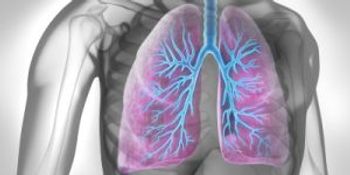
Tiotropium, a once-daily inhaled long-acting anticholinergic bronchodilator, provides airflow improvement for at least 24 hours in chronic obstructive pulmonary disease patients. Its use has been linked to fewer exacerbations, less dyspnea, and improved quality of life.

Vitamin B12 levels increase during acne flares and may be a direct cause of periodic exacerbations that lead to a greater number of lesions, more redness, and the accompanying pain and embarrassment that many people feel.
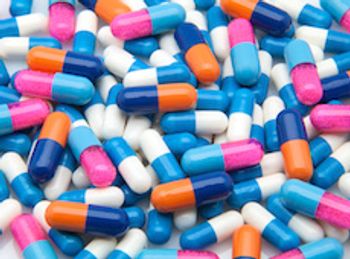
Although the use of dietary supplements is growing, exact data describing who takes what are difficult to find.

Bipolar patients are among the most difficult to treat, in part because mania is alluring and in part because they are often poor historians. As with any patient who must take medication for a chronic condition, bipolar patients' adherence rates generally decline over time. About two-thirds of bipolar patients take more than 1 medication for this condition, and an antidepressant is often one component of the drug regimen.
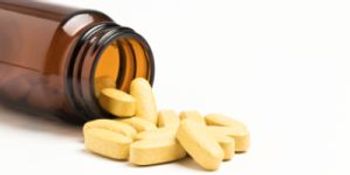
Routine pediatric multivitamin use is not endorsed by any major medical association because it is considered unnecessary for almost every young patient. Regardless, many parents rely on multivitamins for their children, especially in households where balanced nutrition is difficult or impossible due to time or money constraints.
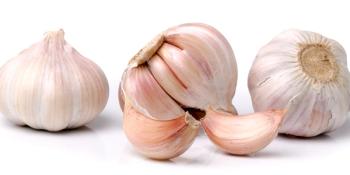
Patients turn to garlic supplements for a number of conditions, one of the most popular being the common cold. The basis for such action is the supposed antimicrobial and antiviral properties of the medicinal plant.

French maritime pine bark extract (Pycnogenol) is an anti-inflammatory, antioxidant, and anti-edema natural compound that is available in many stores as an OTC product.

Since 2007, the pharmaceutical industry, several professional societies, and the FDA have collaborated on initiatives designed to limit the use of OTC cough and cold medications in young children.
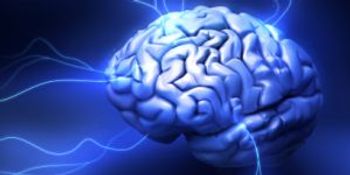
Multiple sclerosis patients are increasingly using supplements to treat their depression symptoms.

The media has been quick to discuss research findings on vitamin D supplementation's potential role in combating osteoporosis, correcting deficiency in chronic kidney disease, improving heart health, and extending life, which raises the question of whether patients should be screened routinely for vitamin D deficiency.

As pharmacists' ability to tease out more comprehensive information from clinical trials has increased, it has become evident that social and biologic factors interact to produce paradoxical health differences between men and women, especially on cardiovascular outcomes.

Up to 60% of patients diagnosed with bipolar disorder cause harm to themselves at least once throughout their lifetimes, and at least 5% of them commit suicide. Nevertheless, few prospective studies have examined self-harm in BPD patients specifically.

A recent review of inappropriate prescribing among hospitalized older adults revealed that proton pump inhibitors follow only opiates and benzodiazepines as the most frequently misprescribed medications.

The pros and cons of fixed-dose combination therapy first became major media news in 2001 when a World Health Organization expert panel proposed polypill use for noncommunicable diseases.
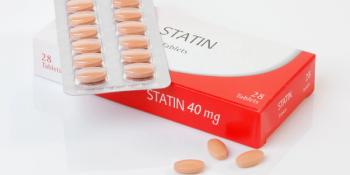
Up to 15% of patients who receive a statin experience muscle pain, for which clinicians have only a few options: prescribing a different statin, reducing the dose of the current statin, or stopping statin therapy entirely.

Is moderation the key to all things, including exercise?

Medications might confer only marginal benefit for cognitive deficits in bipolar disorder.

Although most pharmacies carry a line of natural products, patients often turn to the Internet to find information on those supplements and purchase them.

Study indicates that American children could benefit from a switch to low-sugar, nutrient-dense snacks.

Medication nonadherence is often disastrous for bipolar patients, as it can lead to poor impulse control, increased risk of hospitalization, and even suicide.

Research suggests that resveratrol supplementation actually impedes response to high-intensity interval training.
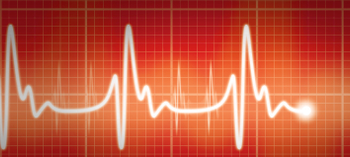
In a study of patients with comorbid COPD and metabolic syndrome, elevated triglyceride levels were associated with increased mortality rates.
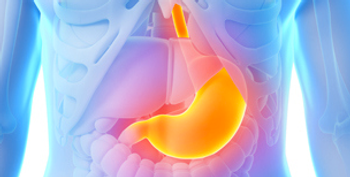
Patients on 20-mg maintenance doses of esomeprazole reported no more than mild symptom severity.
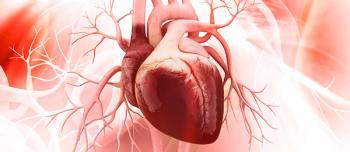
Researchers identify a potential marker for poor prognosis after acute myocardial infarction.

A comprehensive, policy-driven approach to decreasing food access disparities is needed to improve disabled Americans' diets.
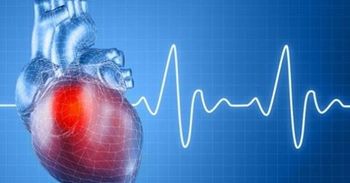
As new anticoagulants for atrial fibrillation enter the marketplace, health care professionals desire to understand how the drugs compare to the tried-and-true prototype, warfarin.

Supplements sold after FDA recalls are still contaminated with banned pharmaceutical ingredients.


























